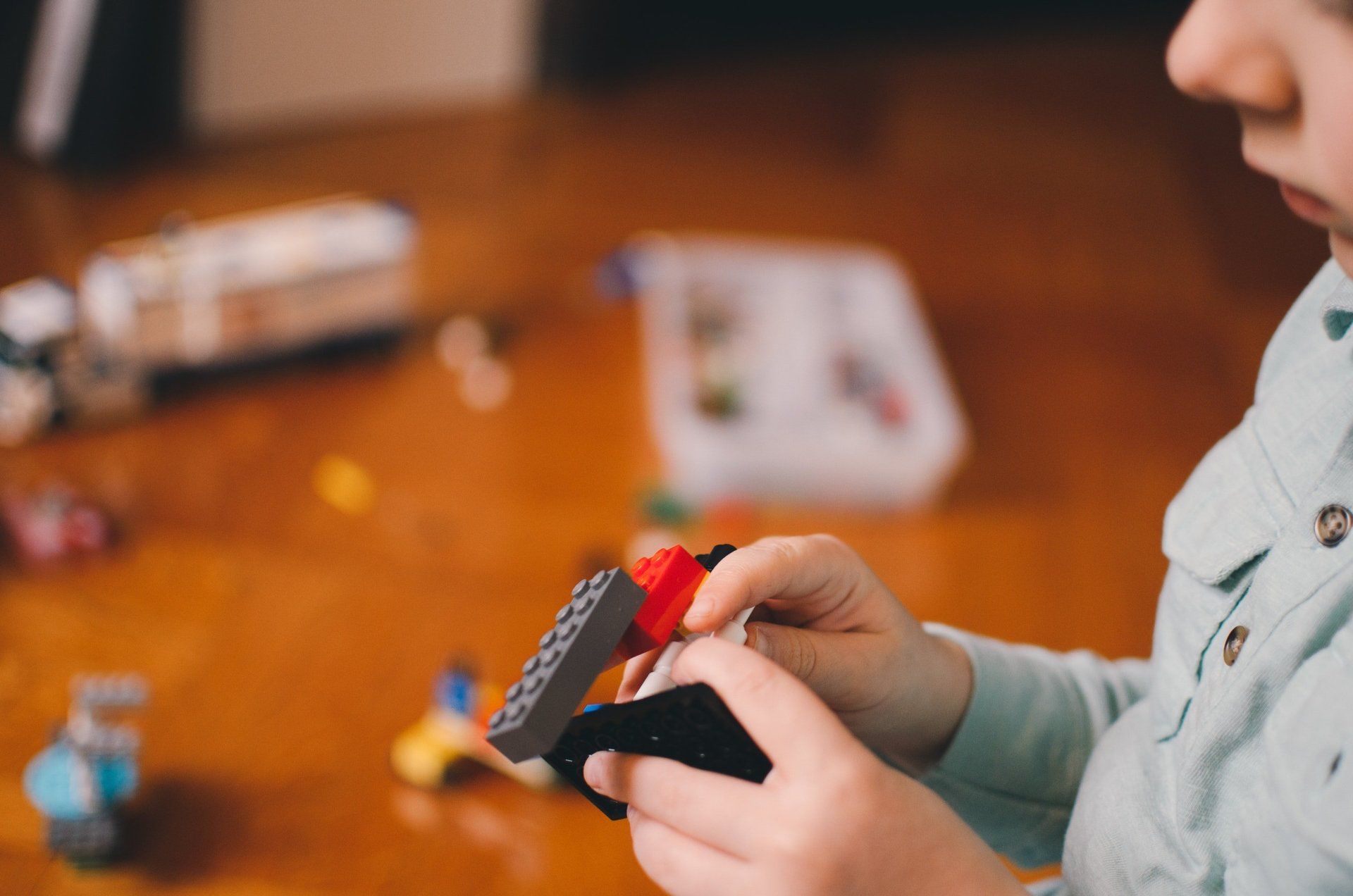Building Your Child's Resiliency
- By Bruce Ravenscraft, LCSW
- •
- 05 Mar, 2018
- •
How to improve your child's resiliency

Resiliency refers to the coping skills your child has in dealing with the ups and downs of life. Like any skill, coping skills can be taught and nurtured by you, as a parent. Some of the most important skills your child can learn to be more resilient include:
*Acquiring the necessary skills to express feelings in a positive way.
*Looking on the good side of events through positive thoughts and self-talk.
*Learning how to make and keep friends.
*Seeking positive attention from others.
*Learning and utilizing problem-solving skills.
*Practicing positive values such as empathy, integrity, restraint, patience, and honesty.
*Developing a positive identity including confidence, being future-directed, and accepting responsibility for one's actions and the consequences of those actions.
So, how can those skills be taught and nurtured by you? As a parent you can make sure you provide the following to your child:
*Support your child's dreams and goals. If your child wants to be an artist, support that dream. You can teach them a lot about being successful in life through your support of this dream even if your child never ends up being a professional artist.
*Set age appropriate expectations for your child to help them learn responsibility and problem-solving skills. Give your children responsibilities such as chores, helping with meals, or taking care of pets so that they learn competence and confidence in their ability to be independent. Be clear about what the rules and norms are for your child so they know where you stand on issues such as substance use and relationships.
*Give your child love, care, and support. They learn values from you as you are their primary role model. If you want your child to grow up to be an empathetic person show them empathy on a consistent basis. Teach your child the words to match their feelings and when they express those feelings verbally, listen.
*Encourage support and bonds outside of the immediate family whether it is from a relative, coach, teacher, therapist, or mentor. You can not provide everything your child needs to be successful in life. They need positive outside influences and role models to navigate all of the complexities of life.
*Provide opportunities for meaningful family, school and community involvement such as volunteering, sports and social organizations, and constructive activities at home. Your child will have a chance to experience success or failure and ways to handle both in a positive manner. You can empower your child to feel that they can be of service to others and to appreciate their unique abilities.
Finally, to build resiliency children need adults who believe in them unconditionally and who are willing to set high expectations for them.
Next Blog: Teaching Your Child How to Manage Anger
*Acquiring the necessary skills to express feelings in a positive way.
*Looking on the good side of events through positive thoughts and self-talk.
*Learning how to make and keep friends.
*Seeking positive attention from others.
*Learning and utilizing problem-solving skills.
*Practicing positive values such as empathy, integrity, restraint, patience, and honesty.
*Developing a positive identity including confidence, being future-directed, and accepting responsibility for one's actions and the consequences of those actions.
So, how can those skills be taught and nurtured by you? As a parent you can make sure you provide the following to your child:
*Support your child's dreams and goals. If your child wants to be an artist, support that dream. You can teach them a lot about being successful in life through your support of this dream even if your child never ends up being a professional artist.
*Set age appropriate expectations for your child to help them learn responsibility and problem-solving skills. Give your children responsibilities such as chores, helping with meals, or taking care of pets so that they learn competence and confidence in their ability to be independent. Be clear about what the rules and norms are for your child so they know where you stand on issues such as substance use and relationships.
*Give your child love, care, and support. They learn values from you as you are their primary role model. If you want your child to grow up to be an empathetic person show them empathy on a consistent basis. Teach your child the words to match their feelings and when they express those feelings verbally, listen.
*Encourage support and bonds outside of the immediate family whether it is from a relative, coach, teacher, therapist, or mentor. You can not provide everything your child needs to be successful in life. They need positive outside influences and role models to navigate all of the complexities of life.
*Provide opportunities for meaningful family, school and community involvement such as volunteering, sports and social organizations, and constructive activities at home. Your child will have a chance to experience success or failure and ways to handle both in a positive manner. You can empower your child to feel that they can be of service to others and to appreciate their unique abilities.
Finally, to build resiliency children need adults who believe in them unconditionally and who are willing to set high expectations for them.
Next Blog: Teaching Your Child How to Manage Anger



